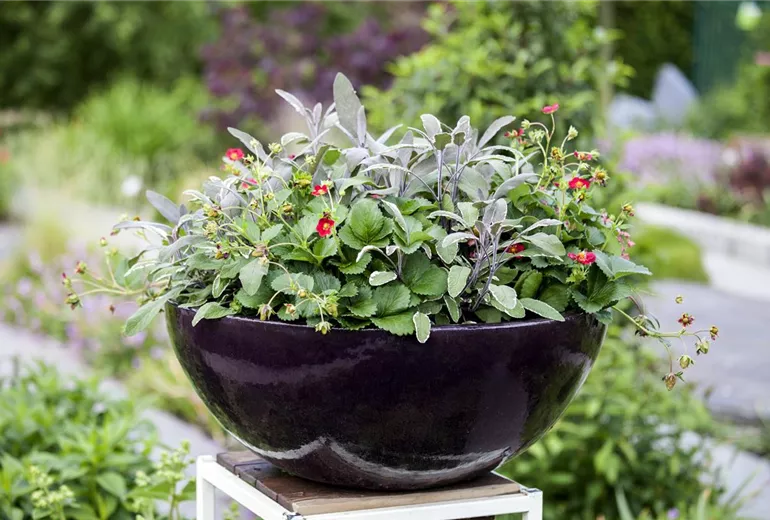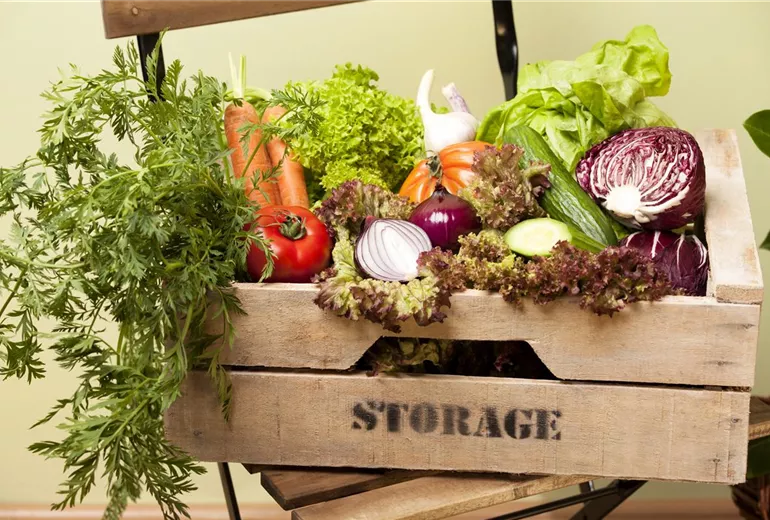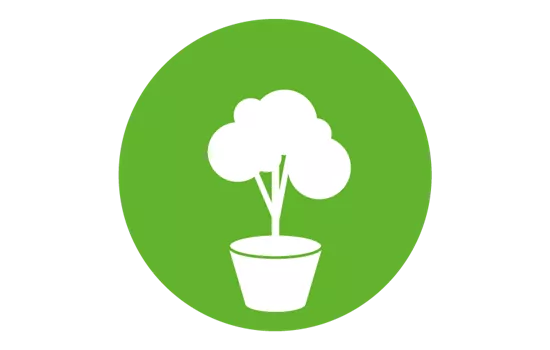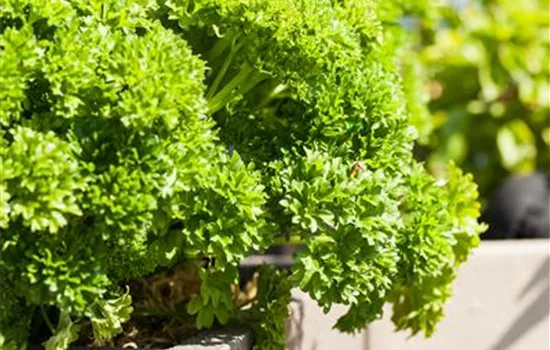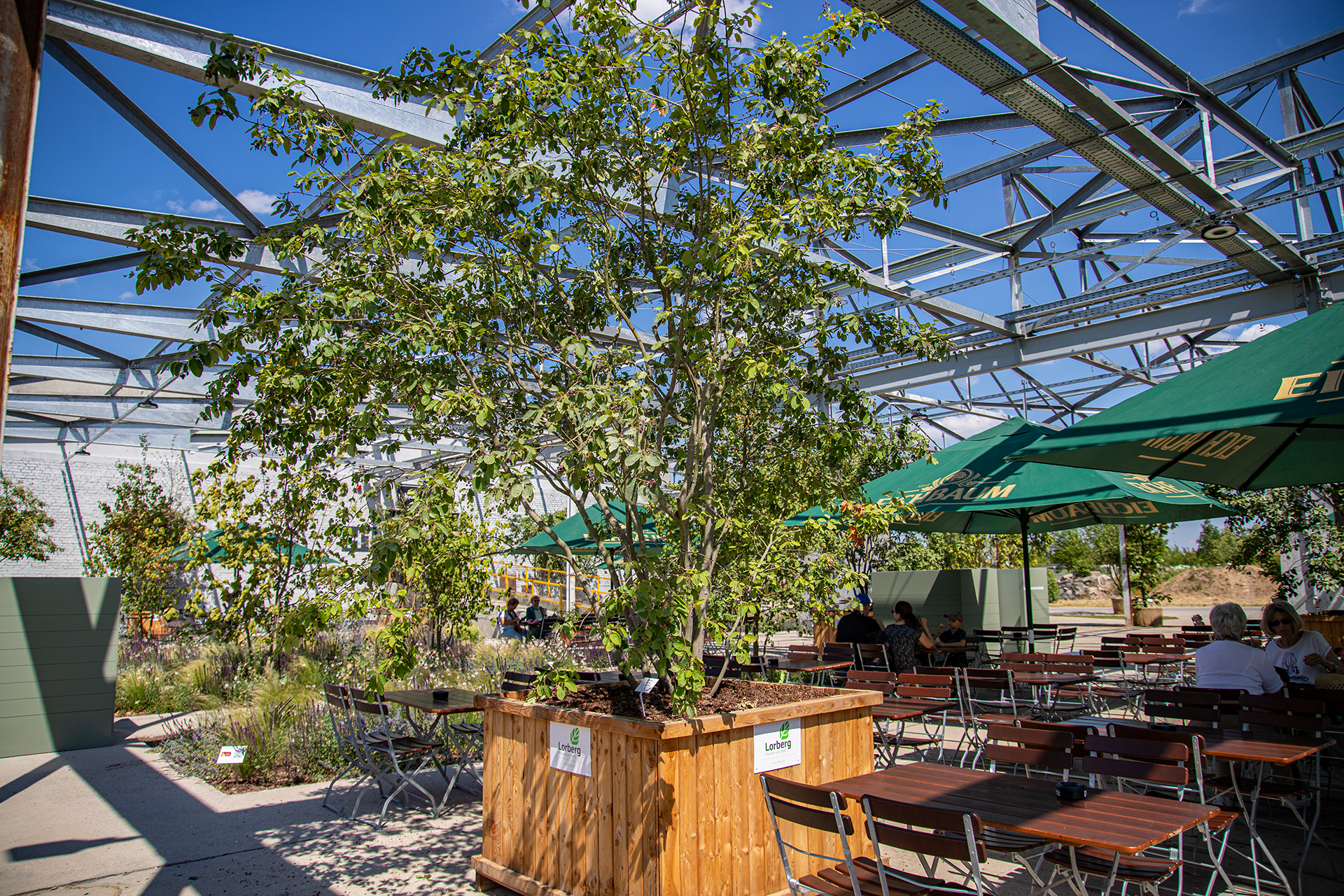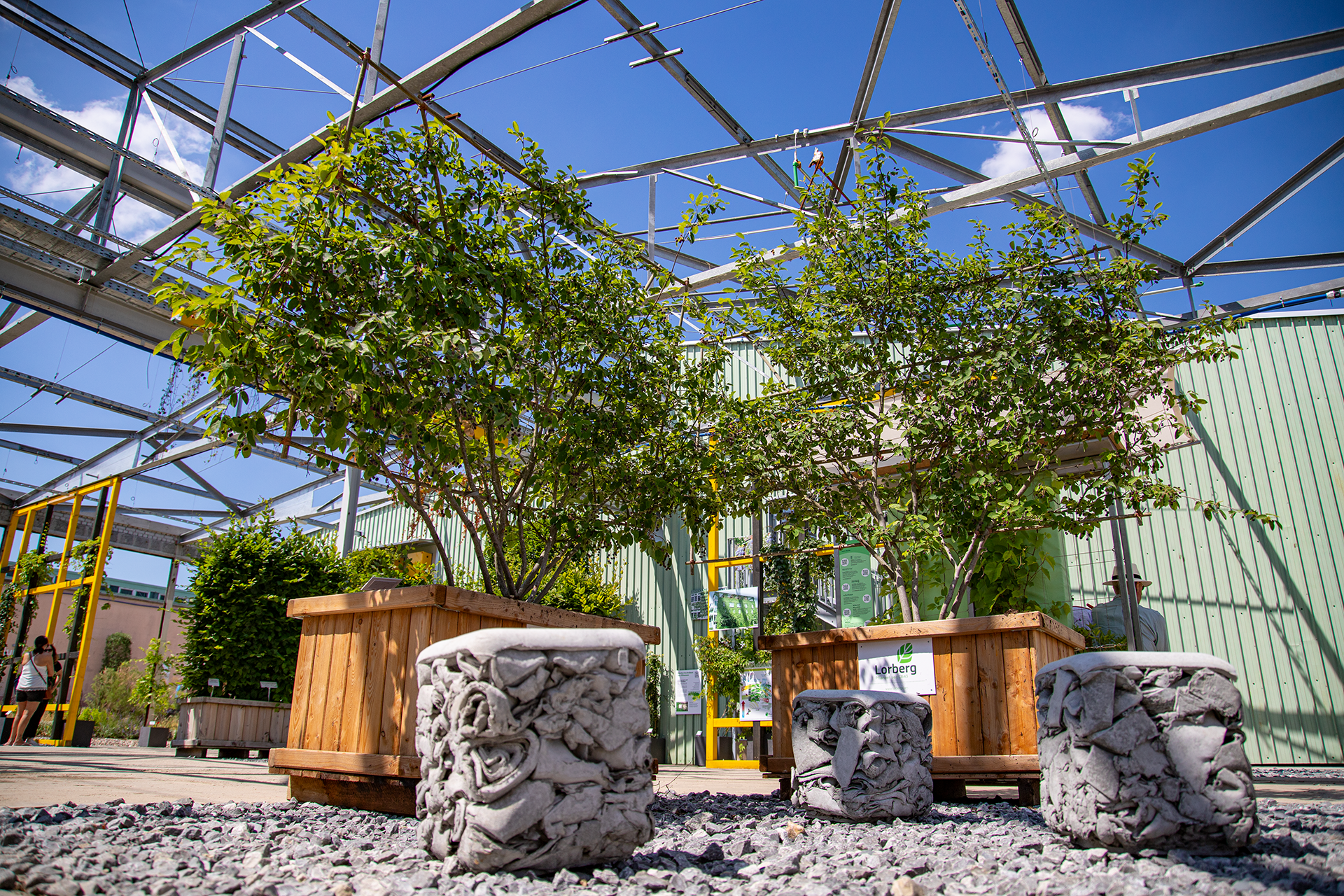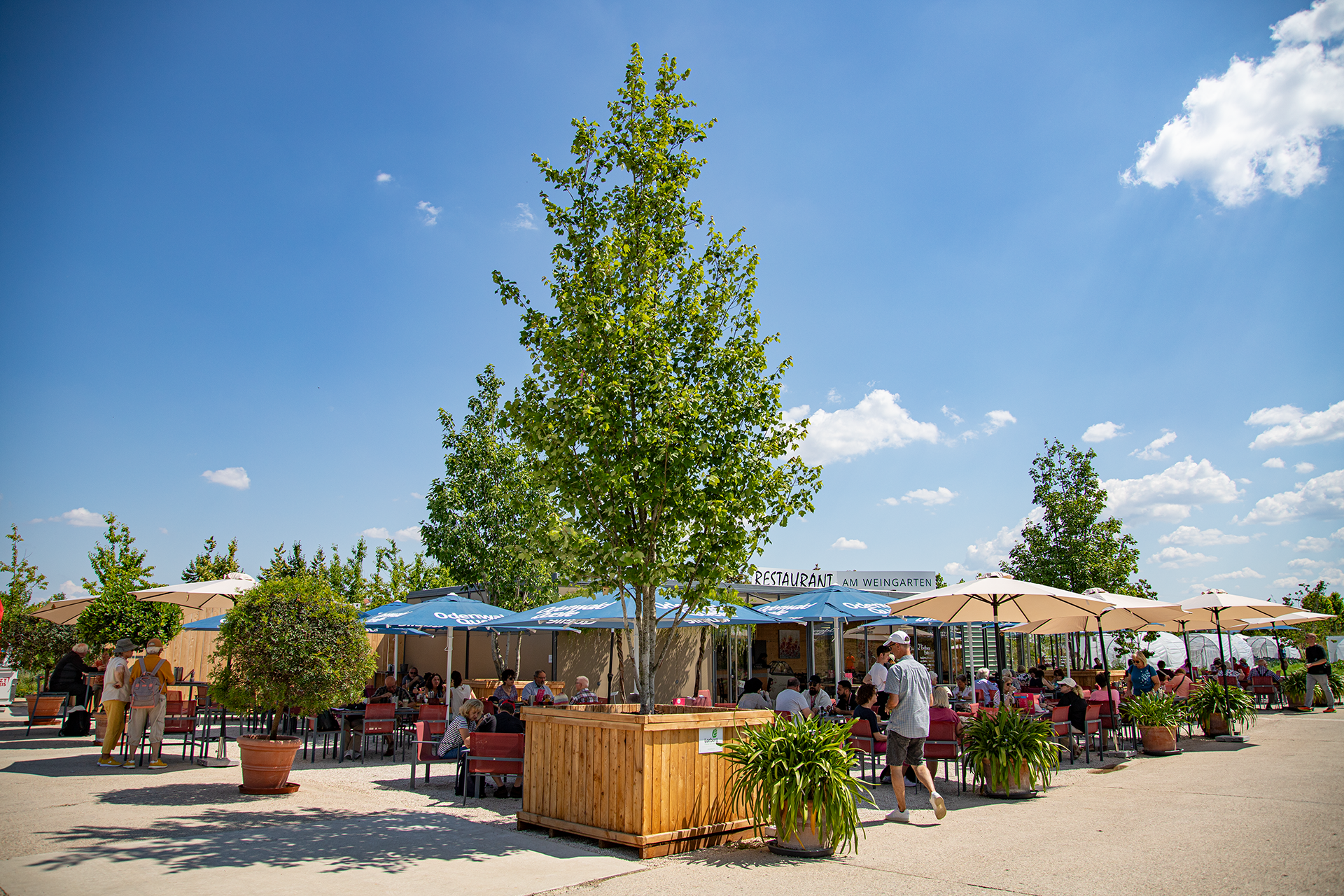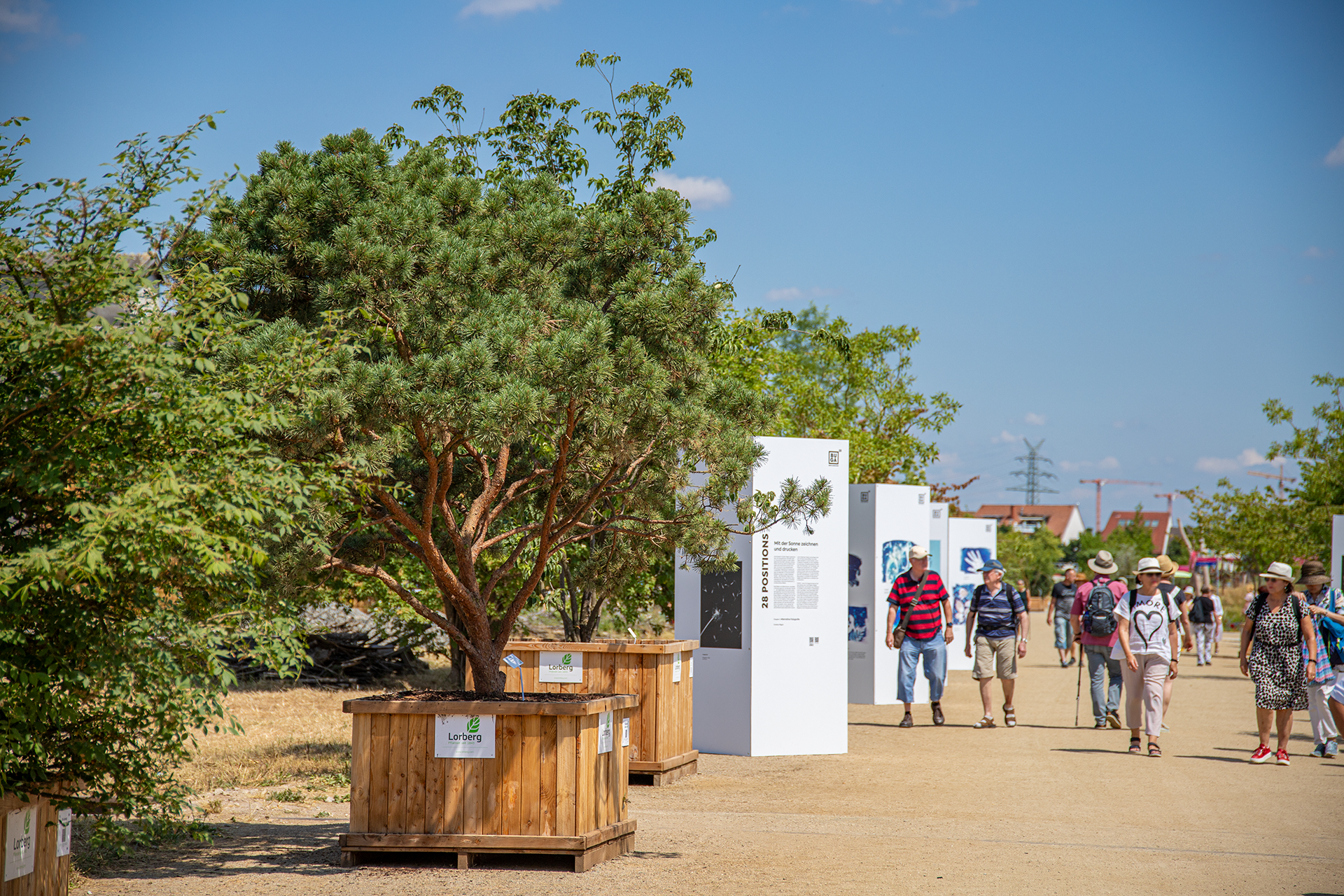These cookies are required for the functionality of our website and cannot be deactivated (e.g. session cookies).
Responsible company:
Lorberg Quality Plants GmbH & Co. KG
Zachower Str. 4, 14669 Ketzin OT Tremmen
Legal basis:
Die Einwilligung nach Art. 6 Abs. 1 S. 1 lit. c DSGVO, sowie §25 Abs. 2 Nr. 2 TDDDG.
Place of processing:
European Union
Purpose of data processing:
Compliance with legal obligations, storage of consent, basket and wishlist, user identification
Collected data:
Opt-in and opt-out data, referrer URL, user settings, consent, language, IP address
Data receiver:
Lorberg Quality Plants GmbH & Co. KG
More on data protection at:
Privacy policy
| Name | Purpose | Duration |
|---|---|---|
| gs.ocs.session.id | Session cookie | 1 day |
| gs.ocs.identifier.user | User ID | 3 Month |
| gs.ocs.identifier.basket | Basket cookie and wishlist | 3 Month |
| gs.ocs.cookiemessageagreeed | Cookie settings | 1 Year |
With your consent you allow the loading of external media.
Note: YouTube can load external Google Web Fonts.
Description of the services:
Youtube is a video streaming service. We embed YouTube videos directly in some parts of our website, e.g. to offer explanatory videos or other moving image content for a better understanding of the product or information about us.
Processing company:
Google Ireland Limited
Google Building Gordon House, Barrow Street, Dublin 4, Ireland
Legal basis:
Consent according to Article 6 Paragraph 1 Clause 1 Letter a GDPR.
Place of processing:
European Union
Purpose of data processing:
View videos
Collected data:
Device Information, IP Address, Referrer URL, Viewed Video
Transfer to third countries:
Worldwide
Data receiver:
Google Ireland Limited, Alphabet Inc., Google LLC
More on data protection at:
https://www.youtube.com/intl/ALL_de/howyoutubeworks/user-settings/privacy/
| Name | Purpose | Duration |
|---|---|---|
| 1P_JAR | Custom ads are served on Google webpages based on recent searches and past interactions. | 1 week |
| APISID | Personalizes Google ads on websites based on recent searches and interactions. | 2 Years |
| CONSENT | Stores visitor preferences and personalizes advertising. | 2 Years |
| HSID | Security cookie used to confirm visitor authenticity, prevent fraudulent use of login credentials and protect user data from unauthorized access. | 2 Years |
| NID | Stores visitor preferences and personalizes ads on Google websites based on recent searches and interactions. | 6 months |
| OTZ | Associates activities of visitors with other devices that are previously logged in with the Google account. In this way, advertising is tailored to different devices. | 1 month |
| SAPISID | Google collects visitor information for videos hosted by YouTube. | 2 Years |
| SID | Security cookie to confirm visitor authenticity, prevent fraudulent use of login credentials and protect visitor data from unauthorized access. | 2 Years |
| SIDCC | Security cookie to confirm visitor authenticity, prevent fraudulent use of login credentials and protect visitor data from unauthorized access. | 3 Month |
| SSID | Google collects visitor information for videos hosted by YouTube on maps integrated into Google Maps. | 2 Years |
| _ga | This cookie is a persistent Google Analytics cookie used to distinguish individual users. | 2 Years |

